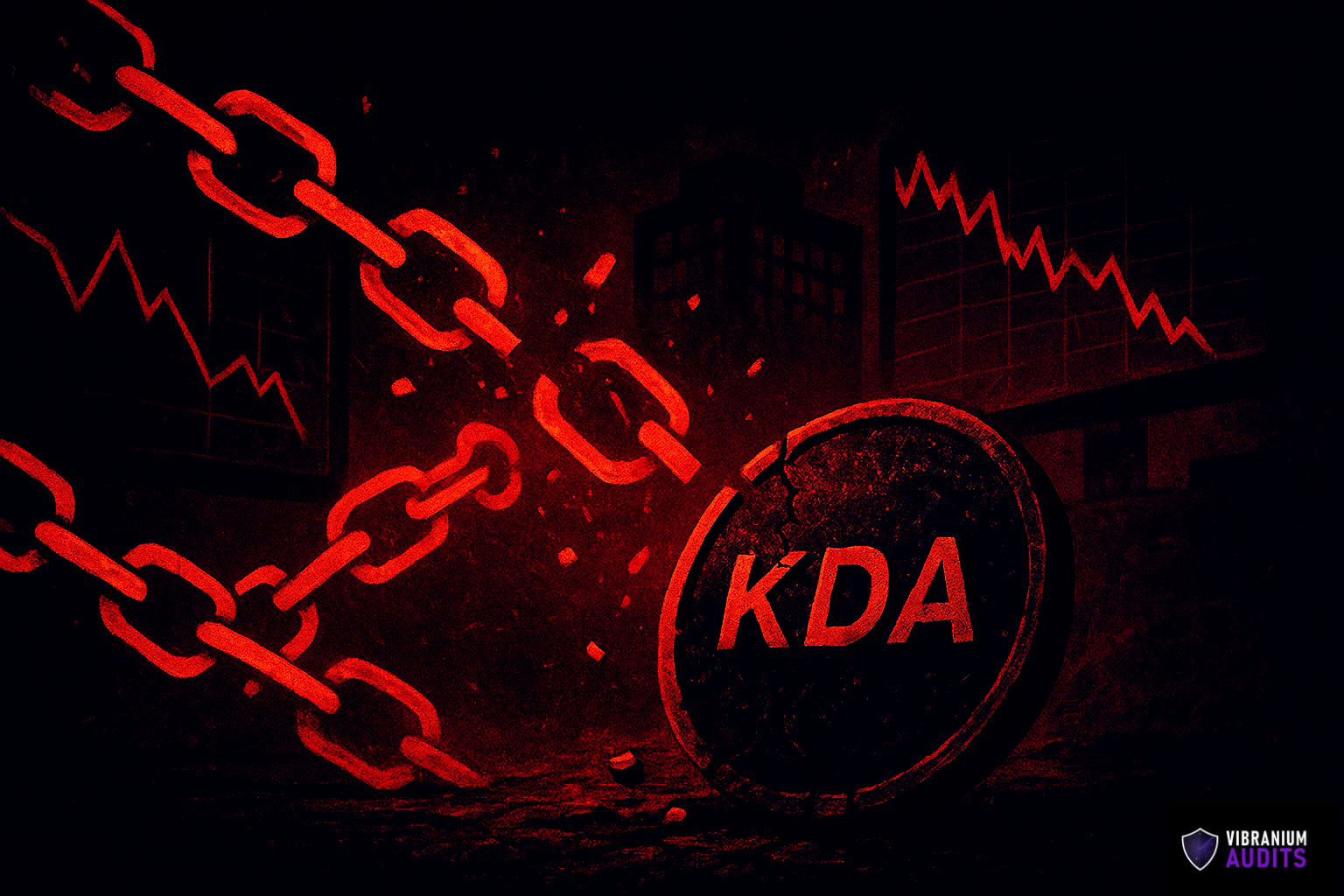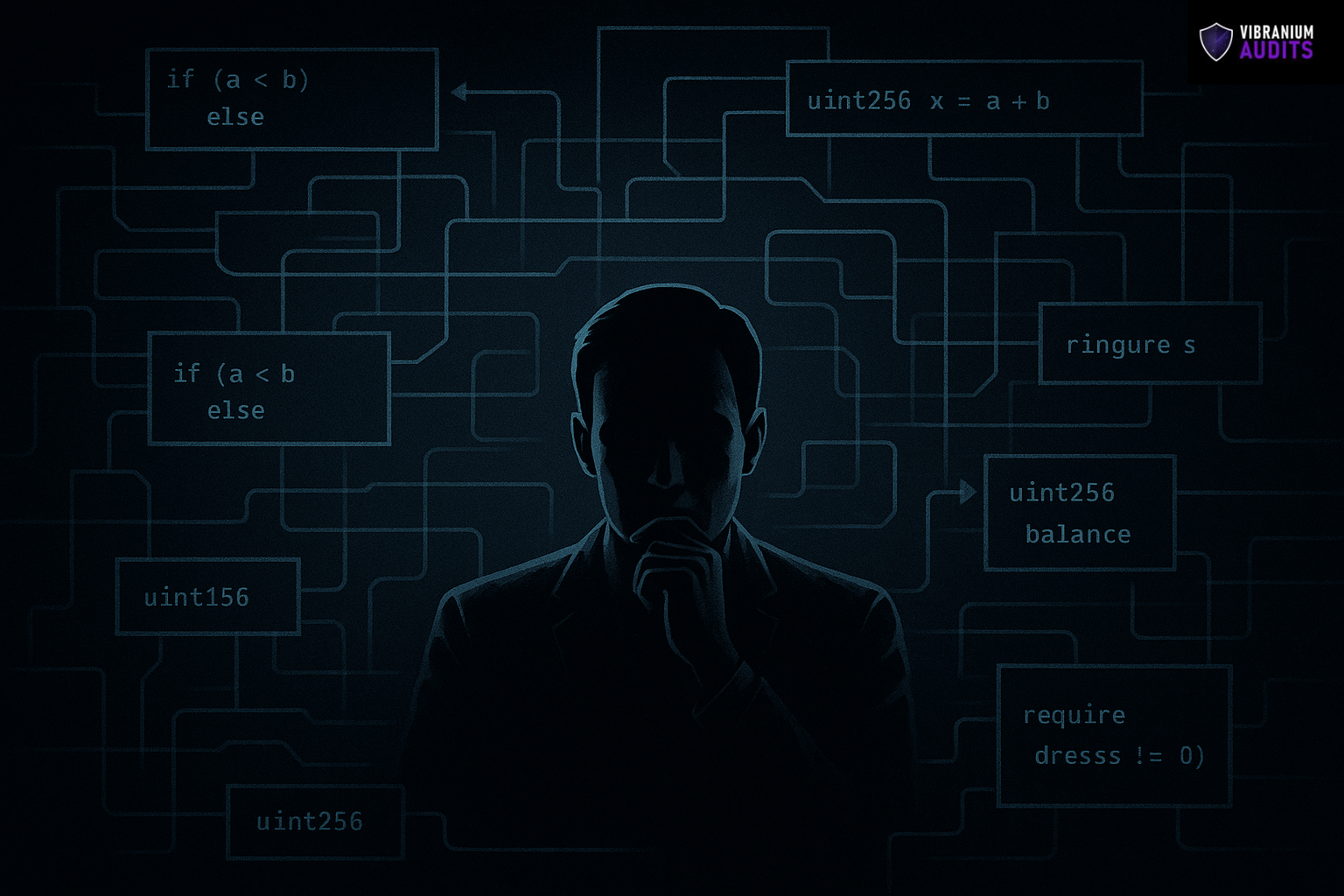Blockchain technology, with its emphasis on security and decentralization, is not immune to new and sophisticated threats. In a recent case, attackers leveraged the widespread use of a JavaScript animation library to launch a supply chain attack. They targeted users on various crypto platforms, including the 1inch decentralized exchange aggregator. This incident shows the need for robust blockchain security measures, such as regular smart contract audits and secure code practices.
Overview of the Attack
On October 30, 2024, multiple websites using the LottieFiles JavaScript animation library were affected by a supply chain attack. The attackers injected malicious code into an update of the library, which led to popups prompting users to connect their crypto wallets. Those who complied risked exposure to a crypto-draining attack linked to the malware “Ace Drainer,” which compromised user wallets on multiple crypto platforms.
How the Attack Happened
The attackers were able to access a senior software engineer’s GitHub account at LottieFiles, the provider of the animations library. Over a short period, they uploaded three malicious updates, embedding code that launched deceptive wallet connection popups on websites using the library. When users connected their wallets, they unknowingly granted access to attackers, and this resulted in substantial losses.
Some decentralized finance (DeFi) platforms were affected during the attack. At 1inch, for instance, a user reportedly lost 10 BTC (valued at approximately $723,000). Other platforms like TEN Finance and Movement also displayed malicious wallet connection popups. Additionally, other non-crypto-related sites using the library also showed these prompts, which risked exposing their users to the wallet-draining scam.
LottieFiles Response and Mitigation Steps
LottieFiles quickly responded by removing the compromised versions and urging users to update to the latest, secure versions (2.0.4 or 2.0.8). Jawish Hameed, VP of Engineering at LottieFiles, confirmed that access for the compromised GitHub account was revoked, and affected versions were purged from their repository.
Broader Implications for Blockchain Security
This attack highlights the risks associated with software supply chains, particularly within the blockchain ecosystem. As DeFi platforms grow, they increasingly become high-value targets for attackers. Incidents like these emphasize the importance of smart contract audits, routine security assessments, and the use of secure, verified libraries to protect against code vulnerabilities.
Best Practices for Preventing Supply Chain Attacks
For developers and users in the blockchain space, there are best practices that can help secure platforms and protect user funds. Always conduct regular smart contract audits. These can help to detect and mitigate vulnerabilities. Also, verify third-party libraries. Ensure that dependencies are reputable and verify code integrity before implementing updates.
Good care must be taken when employing secure code standards. Also, inform users about potential phishing schemes, wallet connection prompts, and how to verify legitimate requests. Additionally, use monitoring tools to detect unusual activity, especially after library or software updates.
The recent supply chain attack involving the LottieFiles animation library underlines the importance of securing the blockchain environment beyond just core blockchain protocols. As blockchain adoption rises, threats targeting its ecosystem—from DeFi apps to digital wallets—are becoming more frequent. Developers and users must prioritize security by implementing smart contract audits, rigorous code reviews, and heightened awareness around third-party dependencies.
FAQs
Q1: What is a supply chain attack in the context of blockchain?
A supply chain attack in blockchain involves an attacker compromising a third-party software component or service to gain unauthorized access to a platform. This often occurs through injecting malicious code into updates of widely-used libraries.
Q2: How did this specific attack affect users on crypto platforms?
When users interacted with compromised sites, a prompt appeared asking them to connect their wallets. That exposed their wallets to a crypto-draining malware and led to financial losses.
Q3: How can blockchain developers prevent similar attacks?
Developers should conduct regular smart contract audits, verify third-party libraries before updates, monitor software for unusual changes, and educate users on how to recognize potential phishing attempts.
Q4: What steps has LottieFiles taken to address this issue?
LottieFiles removed the compromised library versions and urged users to update to safe versions, revoking the compromised GitHub account’s access to prevent future incidents.
Q5: Are non-crypto-related websites also at risk?
Yes, non-crypto websites that integrated the affected library may have displayed the malicious popup. While they don’t directly handle cryptocurrency, their users could still be exposed if they are led to connect any crypto wallets.










